sole trader expenses list pdf
Understanding Sole Trader Expenses
As a sole trader‚ you’ll naturally incur running costs. Many expenses are allowable‚ reducing your taxable income. Managing these overheads is crucial‚ especially during the start-up phase. Accurate record keeping is essential for claiming deductions.
What Are Allowable Expenses for Sole Traders?
Allowable expenses for sole traders are costs that are directly related to your business operations‚ and they reduce your taxable profits. These expenses must be incurred “wholly and exclusively” for business purposes. It’s crucial to distinguish between personal and business expenses‚ ensuring only the business portion is claimed. Many common business costs are deductible‚ such as office supplies‚ business travel‚ and equipment purchases. However‚ not all expenses are allowable. For example‚ personal expenses‚ even if they seem somewhat connected to your work‚ are not deductible. Understanding what you can and cannot claim is vital for accurate tax reporting. Always keep thorough records of all expenses‚ including receipts and invoices‚ to support your claims during tax season. Sole traders can choose to use simplified expenses for some costs‚ such as home working‚ which provides a flat rate to simplify record-keeping.
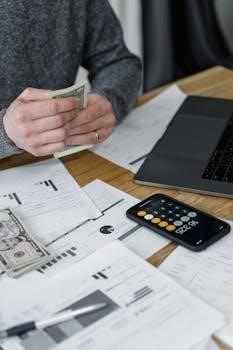
Key Categories of Sole Trader Expenses
Sole trader expenses fall into several key categories‚ including office costs‚ travel‚ equipment‚ and business premises. Understanding these categories is vital for accurate tax reporting and financial management.
Office Expenses and Home Office
For sole traders‚ office expenses can include a variety of costs. This category encompasses items like stationery‚ printing‚ and postage; If you work from home‚ you can claim a portion of your household bills as allowable expenses. This might include a percentage of your electricity‚ heating‚ and internet costs‚ based on the proportion of your home used for business. You can use a simplified flat rate calculation or calculate the actual costs. Keep detailed records of all expenses‚ noting the business percentage. Remember to accurately apportion costs to avoid any issues with tax authorities. Professional journal subscriptions are also deductible. You can also claim for repairs on a room you use at home for business. It’s crucial to distinguish between personal and business usage.
Travel and Vehicle Costs
Sole traders can claim travel expenses incurred for business purposes. This includes costs for travel to meet clients‚ attend conferences‚ or conduct other business-related activities. Vehicle expenses‚ such as fuel‚ repairs‚ insurance‚ and vehicle tax‚ are also allowable if the vehicle is used for business. However‚ you must apportion costs if the vehicle is used for both business and personal use. Keep detailed records of mileage and receipts to support your claims. You can use a flat rate mileage allowance or claim the actual cost. It’s important to accurately document the business-related portion of your travel and vehicle usage. This distinction will allow you to maximize your allowable expenses while remaining compliant with tax regulations. Always keep accurate records.
Equipment and Tool Expenses
Sole traders can claim expenses for equipment and tools necessary for their business operations. This includes items such as computers‚ software‚ machinery‚ and other tools needed to perform their work. You can deduct the full cost of items with a short lifespan or claim capital allowances for more expensive equipment. Maintaining accurate records of purchases and receipts is crucial for claiming these deductions. Be sure to document the business use of each item to support your claims. Some equipment might qualify for annual investment allowances allowing a higher proportion to be claimed in the first year. Understanding depreciation rules is important for long-term assets. This ensures that you’re claiming the correct amount each year based on the asset’s use.
Business Premises and Maintenance
If you operate from business premises‚ sole traders can claim allowable expenses related to the maintenance and upkeep of their workspace. This includes costs associated with repairs‚ cleaning‚ and general maintenance of the business premises. Expenses for utilities like electricity‚ gas‚ and water used specifically for the business can also be claimed. If your business premises are part of your home‚ a portion of these expenses can be claimed. It’s essential to keep accurate records and receipts for all maintenance and utility costs. Ensure that you can clearly demonstrate the business use of your premises. For example‚ apportion costs based on the floor area used for business activities and the time spent working from the business location.
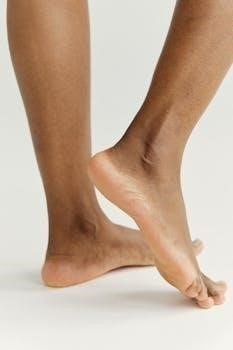
Claiming Expenses and Record Keeping
Accurate record-keeping is vital for claiming expenses. Keep all receipts and file them against purchases. Sole traders can use simplified expenses or actual costs when submitting their tax return.
Importance of Accurate Record Keeping
Maintaining meticulous records is paramount for sole traders when it comes to claiming business expenses. Accurate records serve as the foundation for your self-assessment tax return‚ ensuring you pay the correct amount of income tax. Failing to keep precise records can lead to missed deductions‚ resulting in overpayment of taxes. Furthermore‚ detailed documentation is essential if you are ever subject to an audit by tax authorities. Proper record-keeping involves keeping all receipts‚ invoices‚ and bank statements organized and readily accessible. This practice allows you to easily track your income and expenses‚ providing a clear overview of your business’s financial health. It also simplifies the process of calculating your allowable expenses‚ whether you choose simplified or actual cost methods. In essence‚ consistent and accurate record-keeping empowers sole traders to optimize their tax liabilities and avoid potential issues with tax authorities;
Simplified Expenses vs. Actual Costs
Sole traders have the option to claim expenses using either simplified or actual cost methods. Simplified expenses offer flat rates for certain costs like home working‚ simplifying calculations. For instance‚ a prescribed rate per square foot of home office space can be claimed. This method avoids complex calculations and detailed record-keeping for these specific expenses. On the other hand‚ the actual cost method requires you to track and claim the precise amount spent on each expense. This approach can be more beneficial if your actual expenses are higher than what the simplified rates allow. However‚ it entails a greater administrative burden. The choice between these methods depends on the specific circumstances of your business and your preference for record-keeping complexity. Both approaches aim to reduce your taxable income by accounting for legitimate business expenditures.

Tax Implications and Specific Considerations
Sole traders pay income tax on taxable earnings via self-assessment. Claiming allowable business expenses reduces this tax. Pension contributions also offer tax relief‚ though not a business expense.
Income Tax and Self-Assessment
As a self-employed individual or sole trader‚ you are responsible for calculating and paying your own income tax through the self-assessment system. This differs from employed individuals where taxes are typically deducted directly from their pay. It is crucial to ensure that you accurately determine your taxable earnings and pay the correct amount of income tax to avoid potential penalties. To minimize your tax liability‚ it is essential to identify and claim all allowable business expenses. These deductions directly reduce your taxable profits. Proper record keeping becomes paramount in this process‚ as you’ll need to justify the expenses you claim. Failing to accurately report your income or claim legitimate expenses can lead to overpayment or underpayment‚ both of which can have financial consequences. The self-assessment process requires you to submit an annual tax return where you declare your income and expenses.
Pension Contributions and Tax Relief
While contributions to your pension are not considered a direct business expense‚ impacting your self-employed profits‚ they offer significant tax relief benefits. As a sole trader‚ any contributions you make to a registered pension scheme are eligible for tax relief. This means the amount you contribute is deducted from your taxable income‚ reducing the overall tax you owe. This tax relief is a valuable tool for retirement planning while simultaneously minimizing your current tax burden. It’s a way to secure your future financial well-being and receive immediate financial advantages. Keep accurate records of all your pension contributions‚ as these will be required when you complete your self-assessment tax return. The tax relief you receive on pension contributions is a key consideration for managing your personal finances as a self-employed individual‚ distinct from typical business expenses.
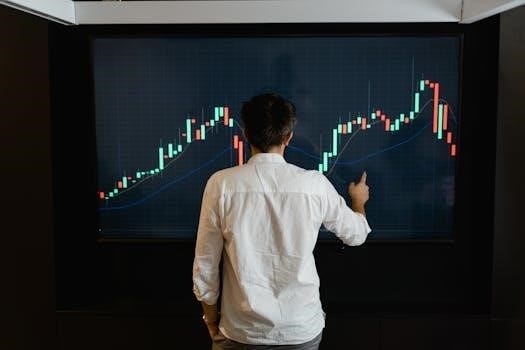
Resources and Further Guidance
For detailed information‚ consult official government guidance and publications. These resources provide specific rules and regulations regarding allowable expenses for sole traders. This ensures compliance and maximizes potential tax benefits.
Official Government Guidance and Publications
Navigating the complexities of sole trader expenses requires consulting reliable sources. Official government guidance and publications‚ such as those provided by the IRS or HMRC‚ are invaluable for understanding what constitutes an allowable business expense. These documents offer comprehensive information on specific rules and regulations‚ helping sole traders to accurately claim deductions. They often detail the specific requirements for record-keeping‚ ensuring compliance with tax laws. Furthermore‚ these official resources are regularly updated‚ reflecting changes in legislation and offering the most current advice. Utilizing these publications helps avoid common errors and maximizes tax benefits. Accessing these resources is essential for any sole trader aiming to manage their finances effectively and legally. Always refer to the latest official documents for the most accurate and up-to-date information regarding your specific circumstances. These publications are your best tool for staying compliant and optimizing your tax situation.
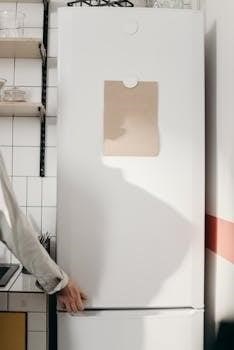





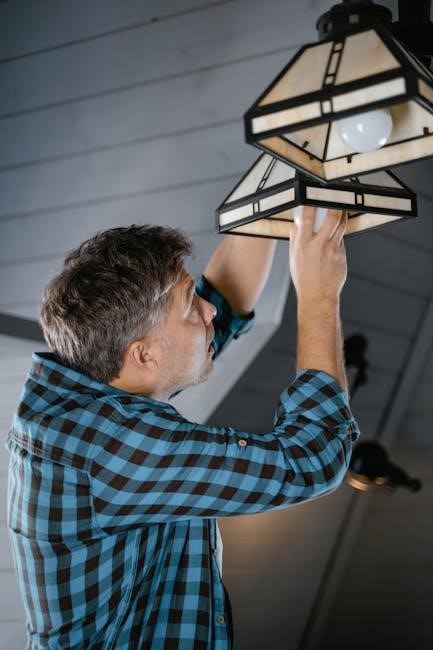
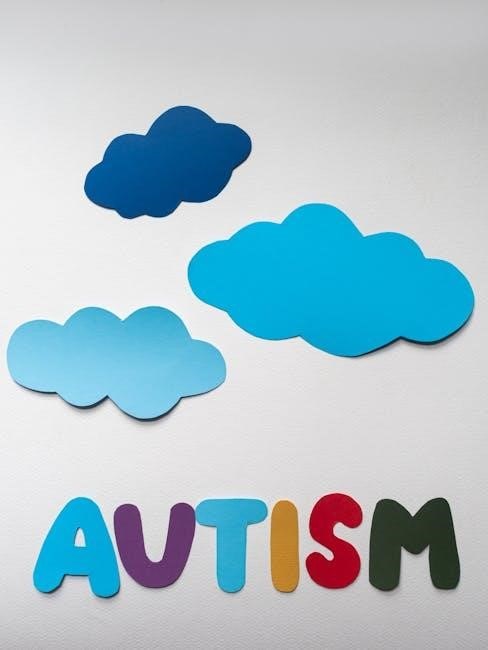

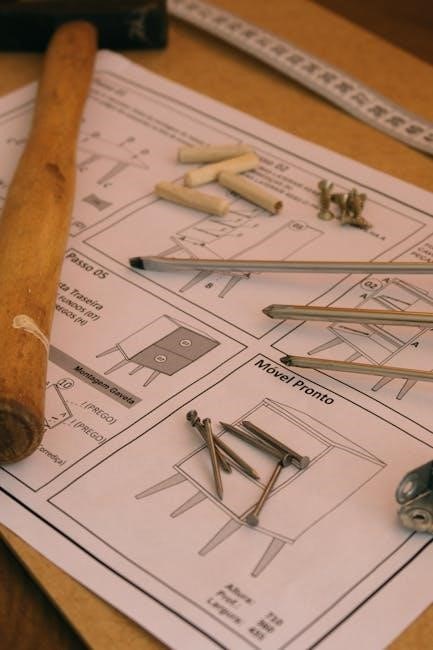
Leave a Comment